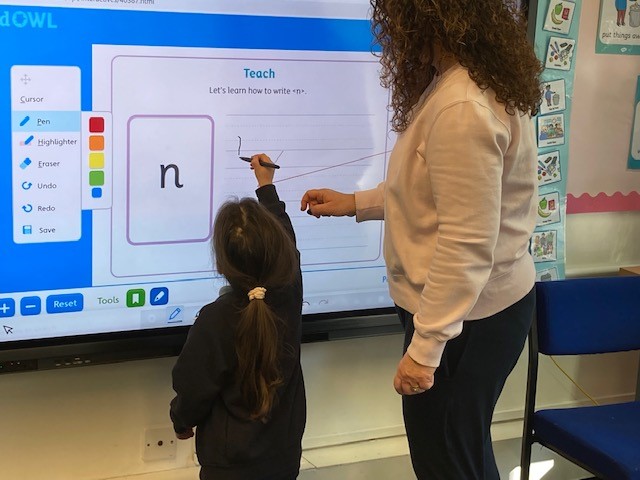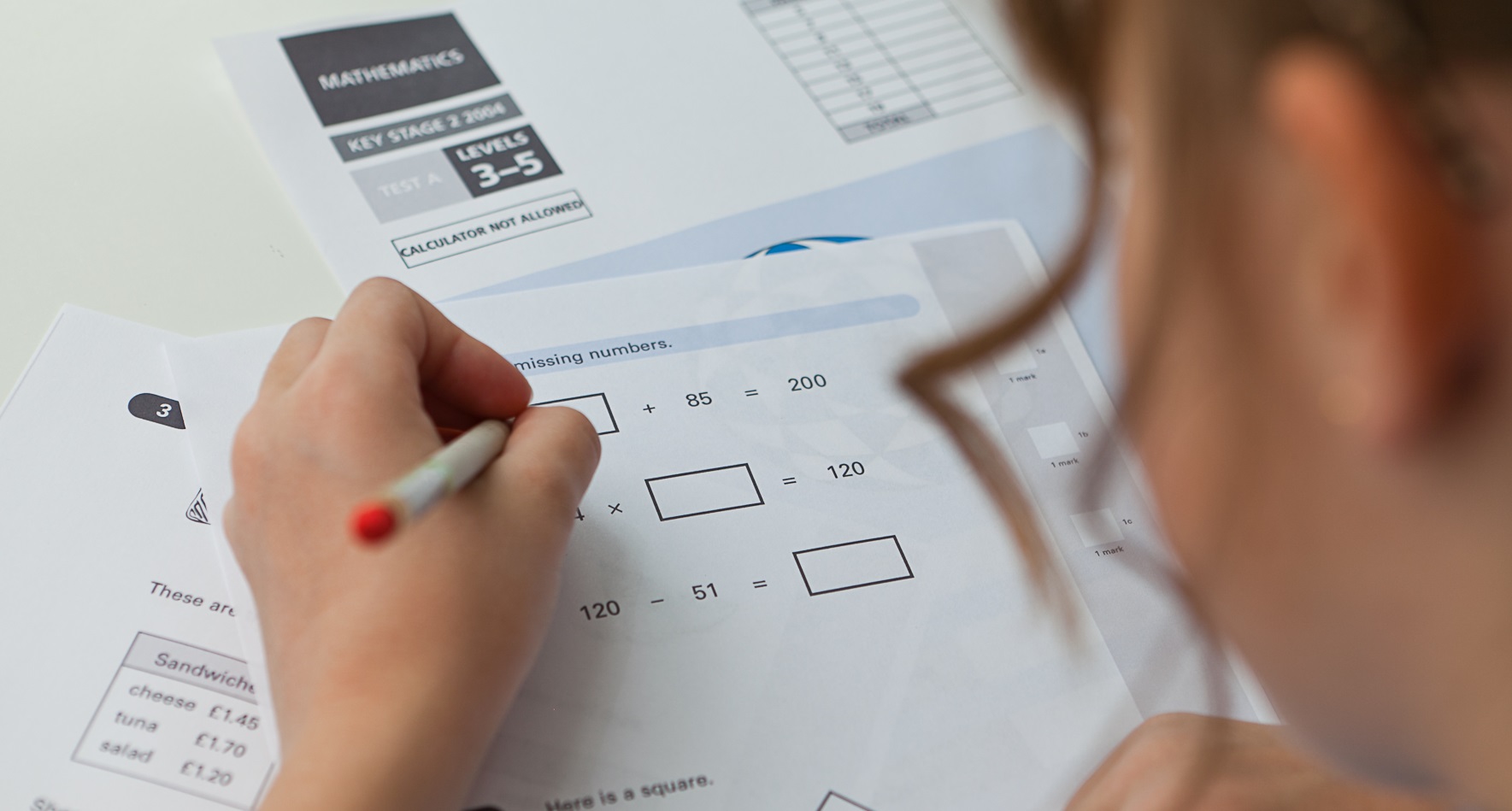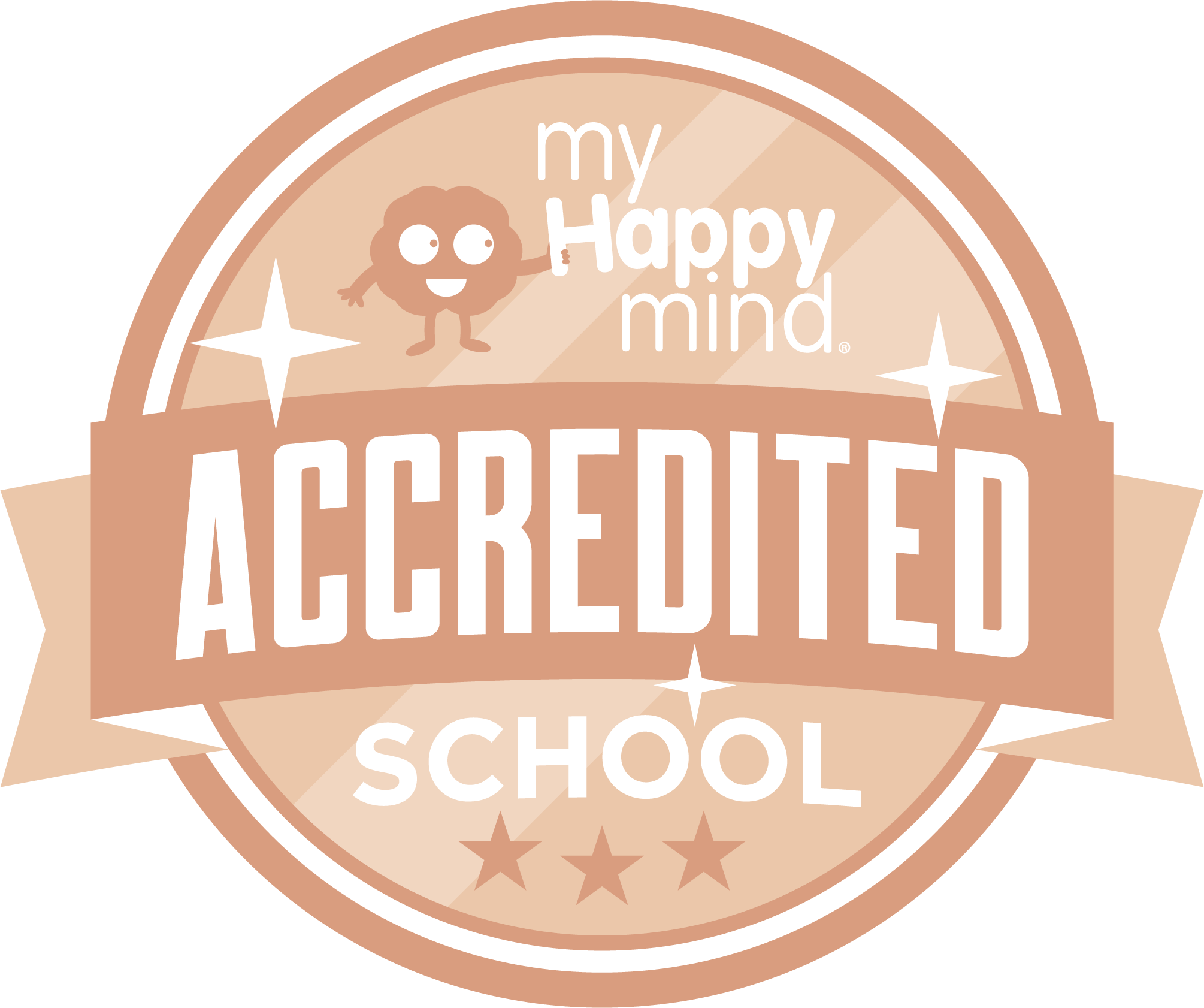Statutory Assessments
EYFS
The EYFS profile is a statutory assessment of children's development at the end of the early years foundation stage (known as a summative assessment) and is made up of an assessment of the child's outcomes in relation to the 17 early learning goals (ELGs). It is intended to provide a reliable, valid, and accurate assessment of each child's development at the end of the EYFS.
If you have any questions about the assessments in Reception, you can contact the EYFS Lead, Mrs Reddish or Ms Plominski from September 2025 whilst Mrs Reddish is on maternity leave.

KS1 Phonics Screening Check
The Phonics Screening Check is a test for children in Year 1. Children take it during June in a one-to-one setting with a teacher. This is usually their class teacher but it could be another adult in school who knows the child well.
Whilst children learn phonics to help them with both word reading and spelling, the Phonics Screening Check only tests their skills at word reading. This is sometimes called decoding.
During the Phonics Screening Check, children are asked to read (decode) 40 words. Most of these words are real words but some are pseudo-words. Pseudo-words are included to ensure that children are using their decoding skills and not just relying on their memory of words they've read before. Because some children may misread these pseudo-words based on their similarity to words in their existing vocabulary, each pseudo-word is clearly identified with an image of an alien. Most teachers and children, therefore, refer to pseudo-words as alien words.
The test itself is divided into two sections. Section 1 is the easier part. In this section, children are asked to recognise simple word structures and Grapheme Phoneme Correspondences (GPCs) from the earlier phases of the phonics curriculum. In 2019, real words included in Section 1 were words like 'shop', 'peel' and 'yell'.
Section 2 is the trickier part of the test. Here, children need to recognise GPCs from the later stages of the phonics curriculum. They also encounter graphemes that correspond to more than one phoneme (e.g. the grapheme 'ea' represents different phonemes in the words bread and bead.)
There is no time limit for the Phonics Screening Check, but it usually takes less than 10 minutes. Many schools use practice tests so children are accustomed to working one-to-one and reading unfamiliar words. Equally, many schools do not, as the daily phonics lessons in Year 1 already include reading both words and pseudo-words. Whichever approach is taken, most children reach the expected standard. If a child doesn't meet the expected standard, their school will work with them to ensure they receive the phonics teaching and support they need. The child will then retake the Phonics Screening Check the following year.
Glossary
Decoding - reading written words
Grapheme - the letter or letters that represent each sound that can be heard
Grapheme Phoneme Correspondence (GPC) - recognising the graphemes that represent the sounds in words. This includes recognising single letters that represent phonemes e.g. e, m, s, y and combinations of letters that represent phonemes e.g. ch, th, ea, oo, tch, ough For example, there are several ways of representing the long ā sound e.g. ay, ai, a_e, ey, eigh (play, rain, wave, hey, eight).
Phoneme - the smallest unit of sound that can be heard
If you have any questions about the Phonics Screening Check, you can contact Miss Sian Casey who leads Phonics at BVP.

Phonics Screening Check informational Power Point
Year 4 Multiplication Tables Check
The Multiplication Tables Check, is an annual check to ensure that children in Year 4 have a good level of times tables knowledge. Each child’s results will be known to the school and the government will have a national picture. However there will be no publication of a school’s times table tests results and they will not be one of a school’s accountability measures.
The MTC is an online test with 25 questions; children must answer each question within a 6 seconds time limit so the whole test takes less than 5 minutes. Children will have several opportunities to complete a 'test' check, prior to the actual check.
If you have any questions about the MTC, you can contact Mr Mike Hall who leads Maths at BVP.
Year 6 SATs

Children in Year 6 take national curriculum tests in
English grammar, punctuation and spelling
English reading
mathematics
The tests help measure the progress pupils have made and identify if they need additional support in a certain area. The tests are also used to assess schools' performance and to produce national performance data.
The Key Stage 2 tests will be taken on set dates unless your child is absent, in which case they may be able to take them up to 5 school days afterwards.
If you have any questions about the KS2 SATs, you can contact Mr King who oversees Key Stage 2.
Dates for 2025/2026
Year 6 SATs: Monday 11th May - Thursday 14th May 2026
Year 4 Multiplication Check: Monday 1st June - Friday 12th June 2026
KS1 Phonics Screening Check: Week beginning 8th June 2026
At the end of the summer term you should receive test results for:
- English grammar, punctuation and spelling
- English reading
- Mathematics
As there is no test for English writing, this will be reported as a teacher assessment judgement. This is a judgement teachers will make, based on your child's work at the end of key stage 2. You will also receive a teacher assessment judgement for science.




